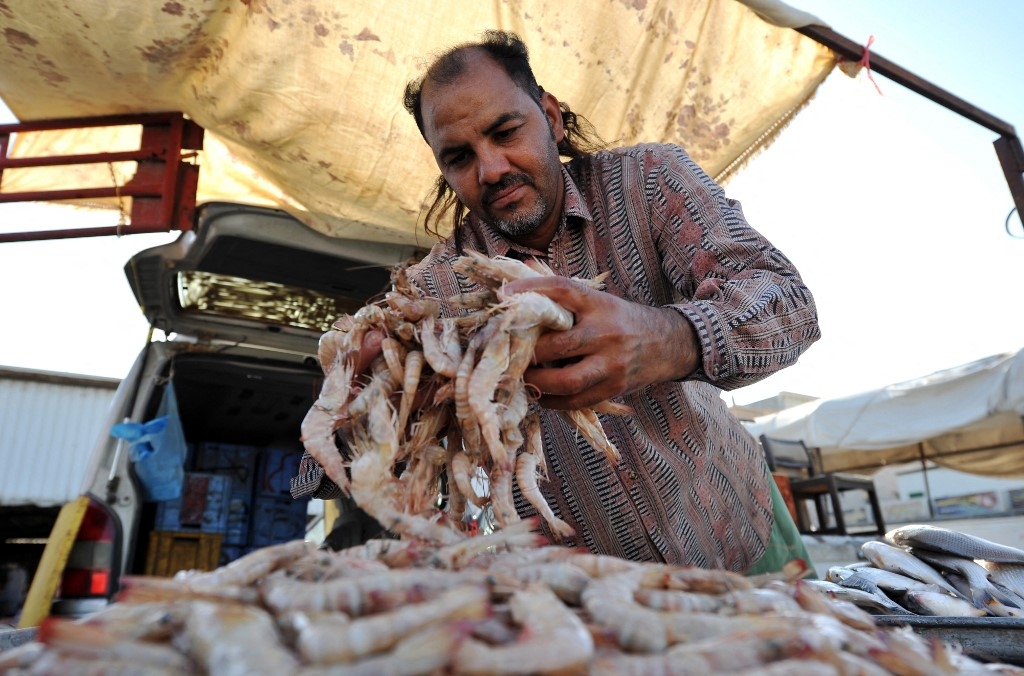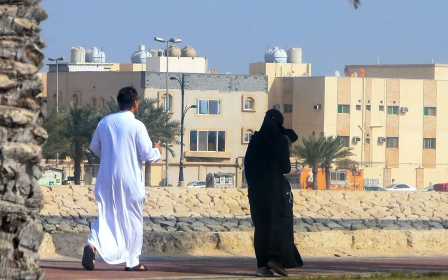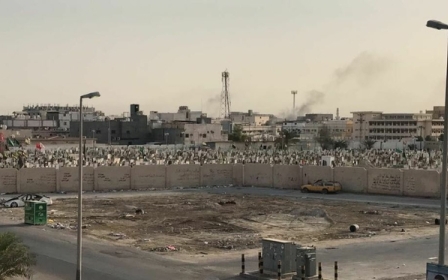Saudi fishermen begin strike against market price hikes in Qatif

Fishermen in Saudi Arabia's Qatif said on Saturday they have taken strike action against new surcharges imposed on them by the city's central local market.
On Saturday evening, one Snapchat showed a fisherman in the eastern city calling on fellow workers to "defend their livelihoods" against an increase in loading charges and other business costs, in a rare display of public defiance.
Other images showed fishermen gathering in the market and demanding an end to the increases.
Qatif's decades-old fish market is one of the largest in the Arabian peninsula and is considered a vital economic hub for the city. The fishermen warn that it could endanger the fish market as well as their livelihoods.
The key demands they are putting forward include calling on the government to drop the additional fees, which force them to increase the price of sales to their customers.
It remains unclear what prompted the additional surcharges.
Qatif, which has been the site of repeated demonstrations against the government in recent years, has been grossly underfunded and neglected by the Saudi authorities.
Home to a sizeable Shia population, Qatif and other eastern provinces have witnessed severe government crackdowns in the past, with human rights activist Israa al-Ghomgham remaining on death row after she was caught documenting human rights abuses in 2015.
Many members of the Shia minority population complain of facing discrimination when applying for government jobs and of abuse by the police.
In 2019, Saudi Arabia decided to pump money into parts of the eastern coast as part of the economic reform Vision 2030, in a bid to win the favour of the local population.
Middle East Eye propose une couverture et une analyse indépendantes et incomparables du Moyen-Orient, de l’Afrique du Nord et d’autres régions du monde. Pour en savoir plus sur la reprise de ce contenu et les frais qui s’appliquent, veuillez remplir ce formulaire [en anglais]. Pour en savoir plus sur MEE, cliquez ici [en anglais].




